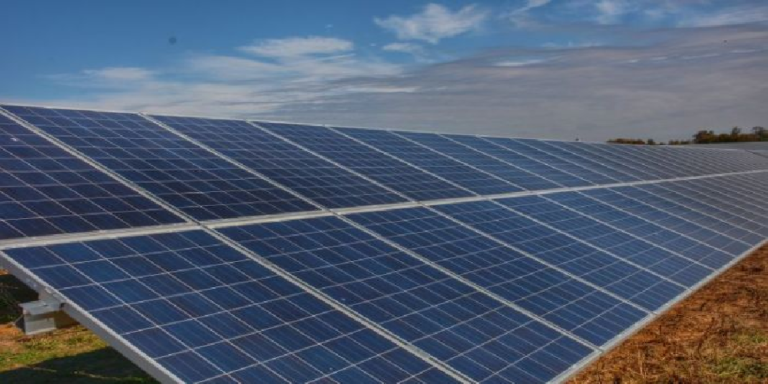
Solar is an intrinsic part of the target energy mix for Nigeria. There are plans to generate 5000MW from this source by 2030. Climate change, energy security and an unmet energy demand are amongst the prominent factors propelling this charge. Its allure stems from utilisation of the ubiquitous sunlight, to the declining cost of solar equipment.
Nonetheless, tangible growth can only be achieved when increment in energy generation is sustainable, not mere quick fixes. Certain issues ought to be addressed if the energy generation targets are to be met and sustained. One of such is quality management (QM). Public confidence and growth are hampered by the presence of poor quality equipment. This is compounded by the difficulty in visually detecting equipment of superior quality. Defective equipment will always produce a poor output even when installed by the most experienced personnel. Expertise in system design, installation and maintenance are also worthy considerations in this bracket. Maintenance is an integral part of a systems functionality. The longevity of a solar system is unlikely to be attained without the right maintenance.
Current practices seem rather incapable of addressing the quality concerns expressed. Interactions with leading industry practitioners revealed that only a few are aware of any efforts being made to curb these concerns; some of whom have been operating in the industry for close to a decade. This queries the level of involvement of industry stakeholders in such efforts. Interestingly, the Standards Organisation of Nigeria (SON) has some provisions for the solar industry. The reason for its seeming unpopularity may not be farfetched. The SON has an official mandate of “Quality control of products, weights and measures”. It has several industries to cater for, therefore, it is only fair to expect that some will be affected by lethargy.
Register for Tekedia Mini-MBA edition 19 (Feb 9 – May 2, 2026): big discounts for early bird.
Tekedia AI in Business Masterclass opens registrations.
Join Tekedia Capital Syndicate and co-invest in great global startups.
Register for Tekedia AI Lab: From Technical Design to Deployment (next edition begins Jan 24 2026).
There is a need to have robust QM schemes to regulate the solar industry in Nigeria. One would suggest that such provisions be domiciled in an energy commission, as opposed to a general standards body. The Microgeneration Certification Scheme and Golden Sun Certification are examples of similar efforts made to enforce quality in other climes. The aggregation of the 12 SON provisions which relate to solar into a unitary scheme would also be helpful. Equipment testing at the point of manufacture should be more effective than testing after products have been distributed or shipped. Legal customer rights protection against substandard product quality is necessary.
Certification to identify those qualified for installation and maintenance is apt. Summarily, a scheme that caters for equipment quality and personnel quality (installation and maintenance) would be useful to the Nigerian solar industry. It should be accessible, affordable, uniform and inclusive. It could be anchored by an energy commission, in conjunction with reputable stakeholders from the private sector. Database building, certification, periodic monitoring, mandatory for major project awards and penalty for defaulters are all tools that could be utilised to ensure sustainability of the scheme.
There is no doubt that substantial technical expertise exists in Nigeria. The task is really in identifying them. Quite importantly, solar EPC companies have a duty to ensure that industry best practices are observed. All must realise that system maintenance is crucial and factoring this into the early stage of project deliberations is key.



Methinks another major challenge with power generation PG in Nigeria- whether via sustainable means such as wind and solar or via fuel – is the restriction of the 1999 Constitution. Is PG is on the concurrent list? Is not a provider obliged to distribute all power generated over a certain KW?